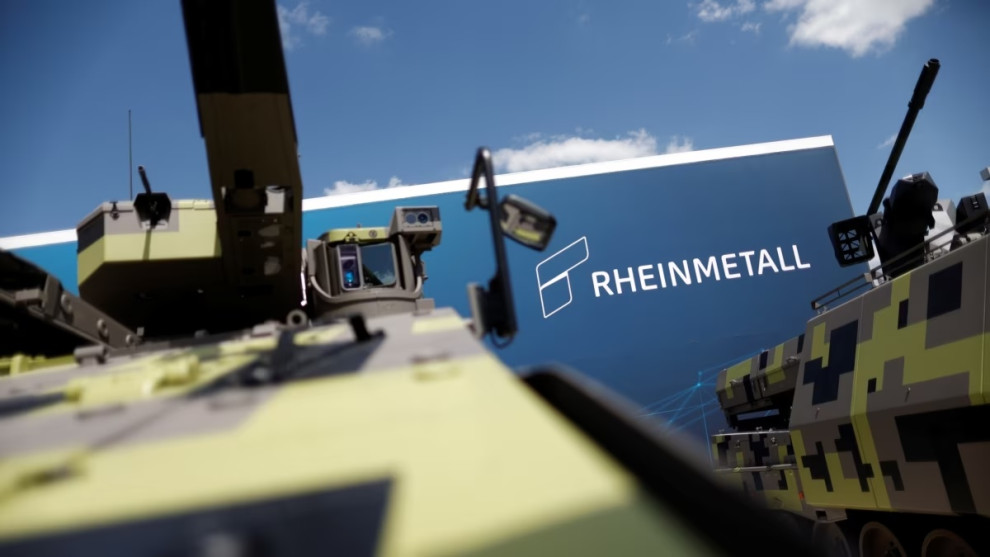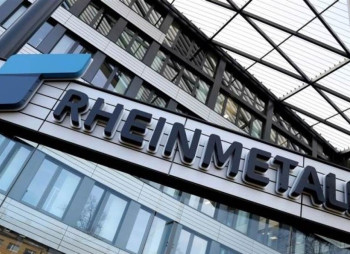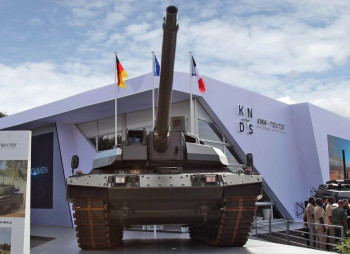German arms manufacturer Rheinmetall is currently holding "promising" talks with Kiev on the construction of a tank plant worth 200 million Euro ($213 million) in Ukraine, Armin Papperger, the head of the company.
"A Rheinmetall plant could be built in Ukraine for about 200 million euro," Papperger told the Rheinische Post newspaper, adding that the negotiations were "promising."
Such a plant will be able to produce up to 400 Panther tanks per year, the company's chief said. He expressed hope that a final decision on the deal would be made "in the next two months."
The Panther KF51 (aka Panther Kettenfahrzeug 51) is a new tank from German company Rheinmetall. It was unveiled at the Eurosatory-2022 in Paris. The tank is the successor to the Leopard 2. It is made on the same chassis and weighs 59 tons. The fighting vehicle is equipped with a 130mm gun and a 12.7mm machine gun. In addition to this the Panther KF51 boasts a kamikaze drone, the HERO 120, produced by UVision. The Panther KF51 will be available in two versions: one to be operated by a 3-person crew, the other fully autonomous.
Ukraine needs from 600 to 800 tanks to win in the conflict with Russia, so even if Berlin gives Kiev all 300 Leopard 2 tanks from the reserves of the German armed forces, this will still "not be enough," Papperger told the news outlet.
Over the past months, the German arms manufacturer has been an active participant in projects aimed at providing military support to Ukraine. Rheinmetall is supplying ammunition for German-made Gepard self-propelled anti-aircraft guns used by Ukraine in the conflict, as well as providing Kiev with high-mobility HX swap-body trucks and automated reconnaissance systems, among other items.
Western countries have been supplying Ukraine with various types of weapon systems, including air defense missiles, multiple launch rocket systems, tanks, self-propelled artillery and anti-aircraft guns since Russia launched its special military operation in Ukraine over a year ago. Moscow has warned that arms deliveries do not contribute to a peaceful resolution and further escalate the conflict, risking full-scale NATO involvement in the fighting.






